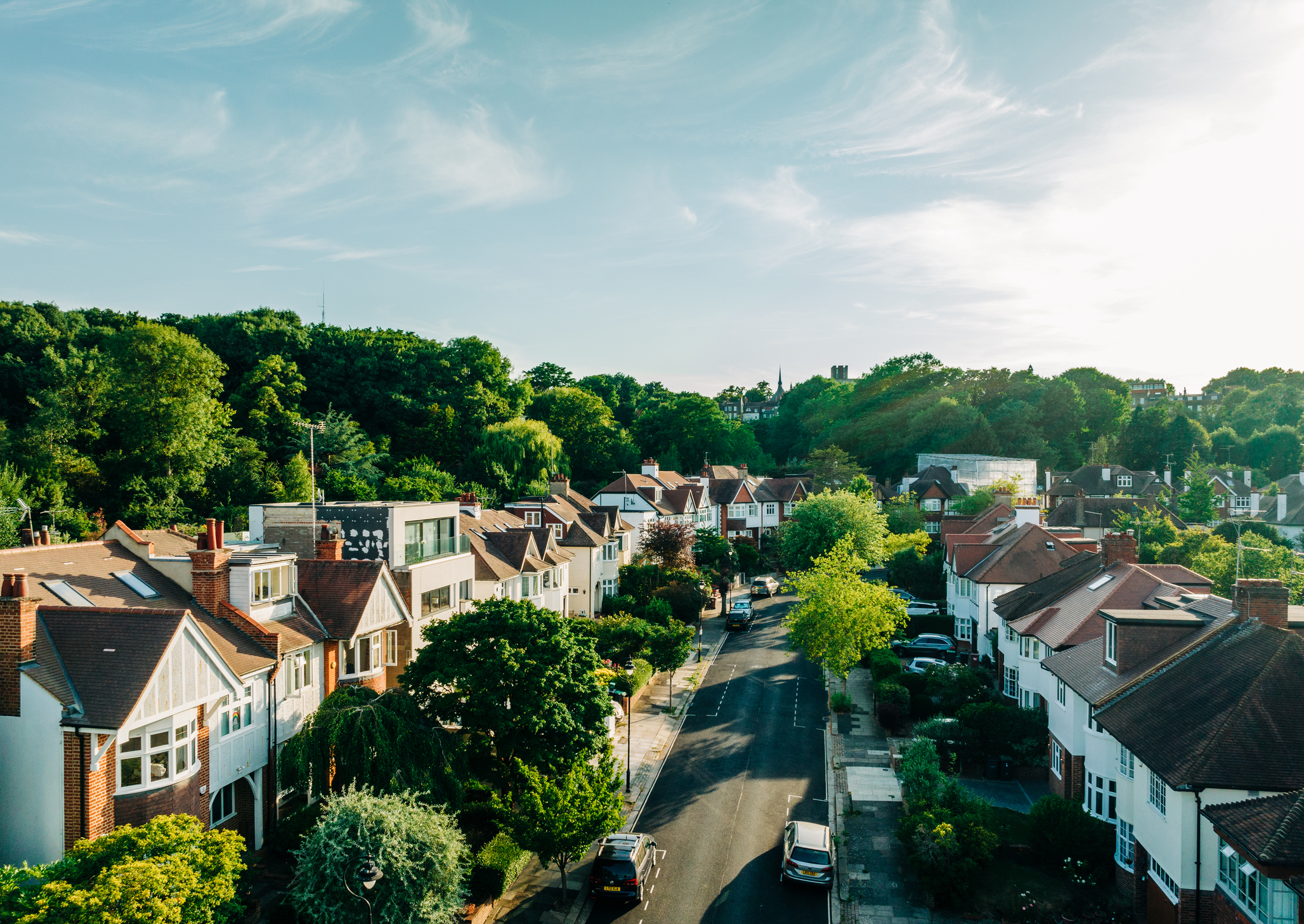ONS ‒ house price falls accelerating
House prices dropped on both monthly and annual basis, according to government’s own house price data.


Get the latest financial news, insights and expert analysis from our award-winning MoneyWeek team, to help you understand what really matters when it comes to your finances.
You are now subscribed
Your newsletter sign-up was successful
Want to add more newsletters?
The rate at which house prices are falling has accelerated, the latest house price index from the Office for National Statistics (ONS) has found.
In its latest index, the ONS revealed that the average house price dropped by 1.2% in the 12 months to October. That’s double the 0.6% drop in house prices recorded in the year to September, which was itself the first annual drop recorded by the ONS in a decade.
On a monthly basis, house prices were found to have dropped by 0.3%, following a 0.7% decline in September.
Try 6 free issues of MoneyWeek today
Get unparalleled financial insight, analysis and expert opinion you can profit from.

Sign up to Money Morning
Don't miss the latest investment and personal finances news, market analysis, plus money-saving tips with our free twice-daily newsletter
Don't miss the latest investment and personal finances news, market analysis, plus money-saving tips with our free twice-daily newsletter
As a result, the average property is now worth £288,000, a fall of £3,000 from a year ago, with property experts pointing to higher interest rates on mortgages and the cost of living crisis as contributing to these falls.
Karen Noye, mortgage expert at Quilter, noted that other house price indices use more up to date data and point to the market rebounding somewhat in November, though argued it can be difficult to get a true picture of how the market is fairing.
She added: “What we know though is that with rental prices continuing to soar it means that there will still be competition in the market as renters lucky enough to have built up a deposit are looking to buy despite the serious economic headwinds as they at least have a little more control when they’ve purchased their own home.”
Where are house prices falling the most?
Most areas of the UK have seen house prices decline over the last year.
In England average prices dropped by 1.4% over the year to a typical £306,000, while Wales saw house prices fall by 3% to an average of £214,000. In Scotland prices have slipped by 0.2% to £191,000, but Northern Ireland has bucked the trend by recording a 2.1% increase in house prices to £180,000.
On a regional basis, the North East was the sole region to see house prices grow over the last 12 months. Prices have grown by 0.2%, though they remain the lowest in the UK at an average of £161,000.
By contrast London has seen the biggest drop in house prices at 3.6%, though they remain the most expensive at an average of £516,000.
What next for house prices?
While other indices, like ONS, have found that house prices are down on an annual basis, it’s a different story on a month-to-month basis. For example, Nationwide found that house prices increased by 0.2% in November, while Halifax has reported that prices have grown for two straight months.
Nathan Emerson, chief executive officer of Propertymark, said that the big driver in house prices falls this year has been the higher interest rates faced by mortgage borrowers.
He pointed to Propertymark’s own studies which have found a 13% drop in the number of potential homebuyers registered with estate agent branches, but argued that declining inflation ‒ and the potential for cuts to the bank base rate ‒ means better times lie ahead for house prices.
“Interest rates will likely fall in the long-term, thereby reducing borrowing costs for homeowners, and we should finally see market confidence return to what it was prior to Covid-19,” he continued.
In fact, mortgage costs are already declining. Mark Harris, chief executive of mortgage broker SPF Private Clients, says that swap rates ‒ which underpin the pricing of fixed rate mortgages ‒ have been sliding for a while, and have fallen still further following the publication of the latest inflation figures.
He continued: “The next move in base rate is almost certainly downwards; the question is how soon? Increasingly, speculation suggests May/June, which will come as welcome news for hard-pressed borrowers.
"In the meantime, lenders continue to reduce their mortgage rates, and will be keen to get 2024 off to a good start after a disappointing 2023. If mortgage rates continue to fall and borrower affordability continues to improve, we would expect transaction numbers to improve."
Get the latest financial news, insights and expert analysis from our award-winning MoneyWeek team, to help you understand what really matters when it comes to your finances.
John Fitzsimons has been writing about finance since 2007, and is a former editor of Mortgage Solutions and loveMONEY. Since going freelance in 2016 he has written for publications including The Sunday Times, The Mirror, The Sun, The Daily Mail and Forbes, and is committed to helping readers make more informed decisions about their money.
-
 Financial education: how to teach children about money
Financial education: how to teach children about moneyFinancial education was added to the national curriculum more than a decade ago, but it doesn’t seem to have done much good. It’s time to take back control
-
 Investing in Taiwan: profit from the rise of Asia’s Silicon Valley
Investing in Taiwan: profit from the rise of Asia’s Silicon ValleyTaiwan has become a technology manufacturing powerhouse. Smart investors should buy in now, says Matthew Partridge
